Henrich Lab
The Henrich Lab focuses on understanding how and why viruses (e.g., HIV-1, SARS-CoV-2) persist across the whole body and on the development of novel methods to eliminate or mitigate the negative impact of chronic viral infections on human health.
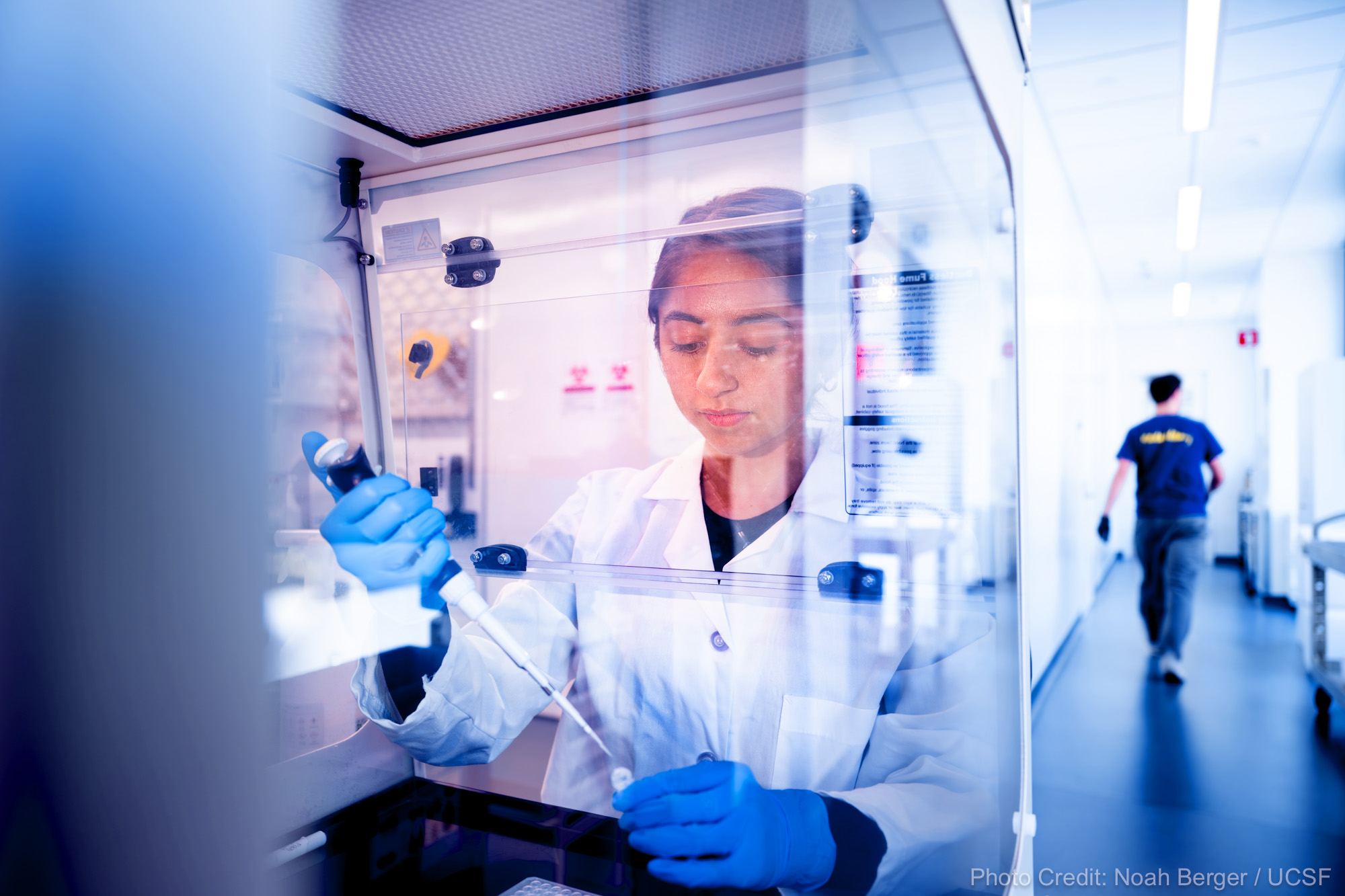
The Henrich Lab leads an interdisciplinary and collaborative research program with a strong focus on translational virology and infectious disease research; all these projects stem from a passion for challenging or creating paradigms regarding viral persistence and pushing technological envelopes to implement novel strategies to study viral-host interactions across the whole body. Until 2020 our research pursuits focused predominately on the field of HIV curative strategies, virology, and pioneering the use of novel technologies to assess viral reservoirs at the single-cell level in many tissues. Since the onset of the COVID-19 pandemic, we have expanded this work in HIV to include SARS-CoV-2 and Human Herpes Viruses with a focus on viral persistence and mechanisms by which viral infections lead to post-acute and long-term sequelae.
Another hallmark of our research program is incorporating a multidisciplinary and collaborative approach to team science. We realized very early on during the SARS-CoV-2 epidemic that to solve urgent clinical and research needs in a timely manner, inclusive collaborations without a major focus on individual gain were going to be needed to solve some of the major virological and other mechanistic problems facing the research and patient community. We conduct research for the benefit of our patients and community first and foremost.
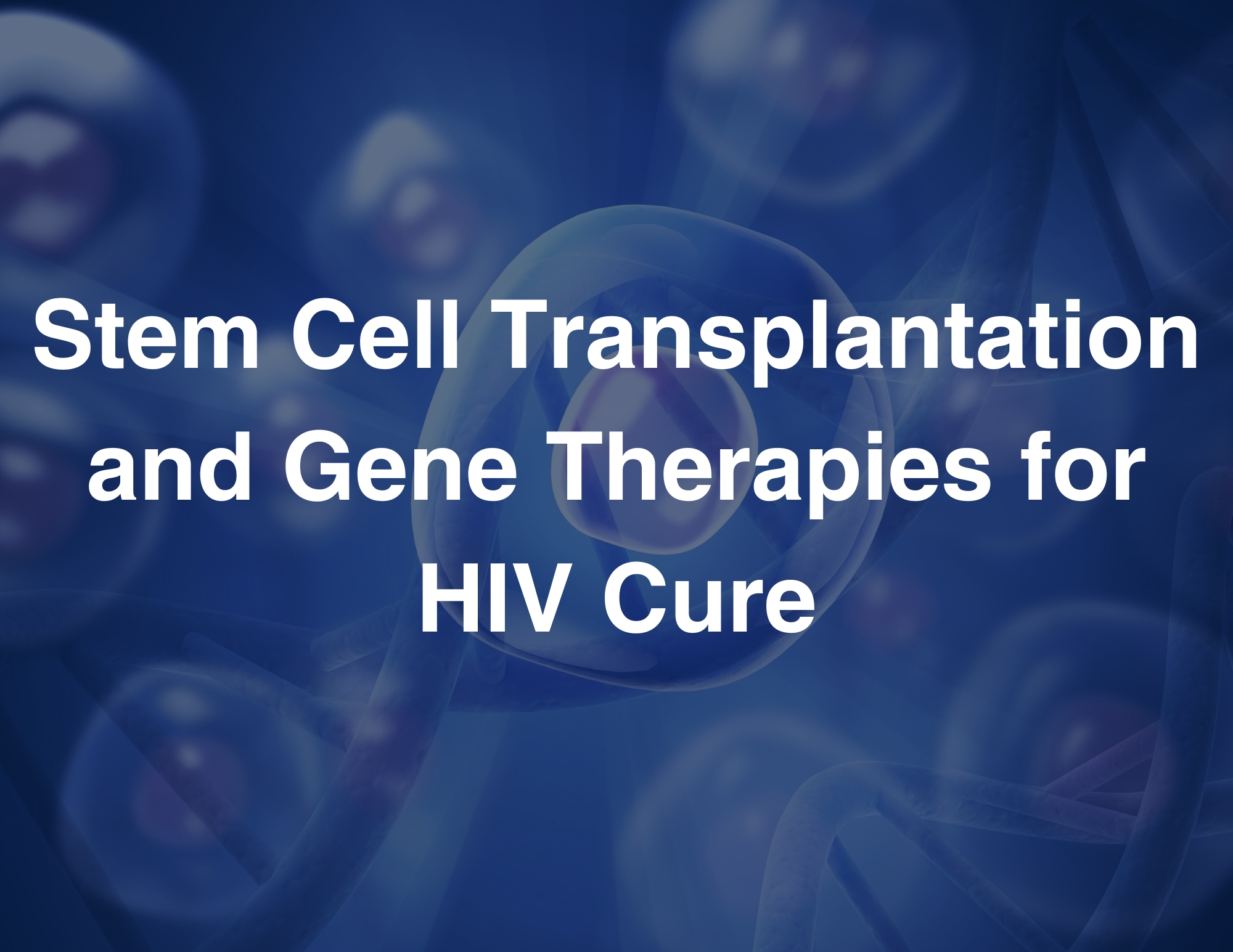
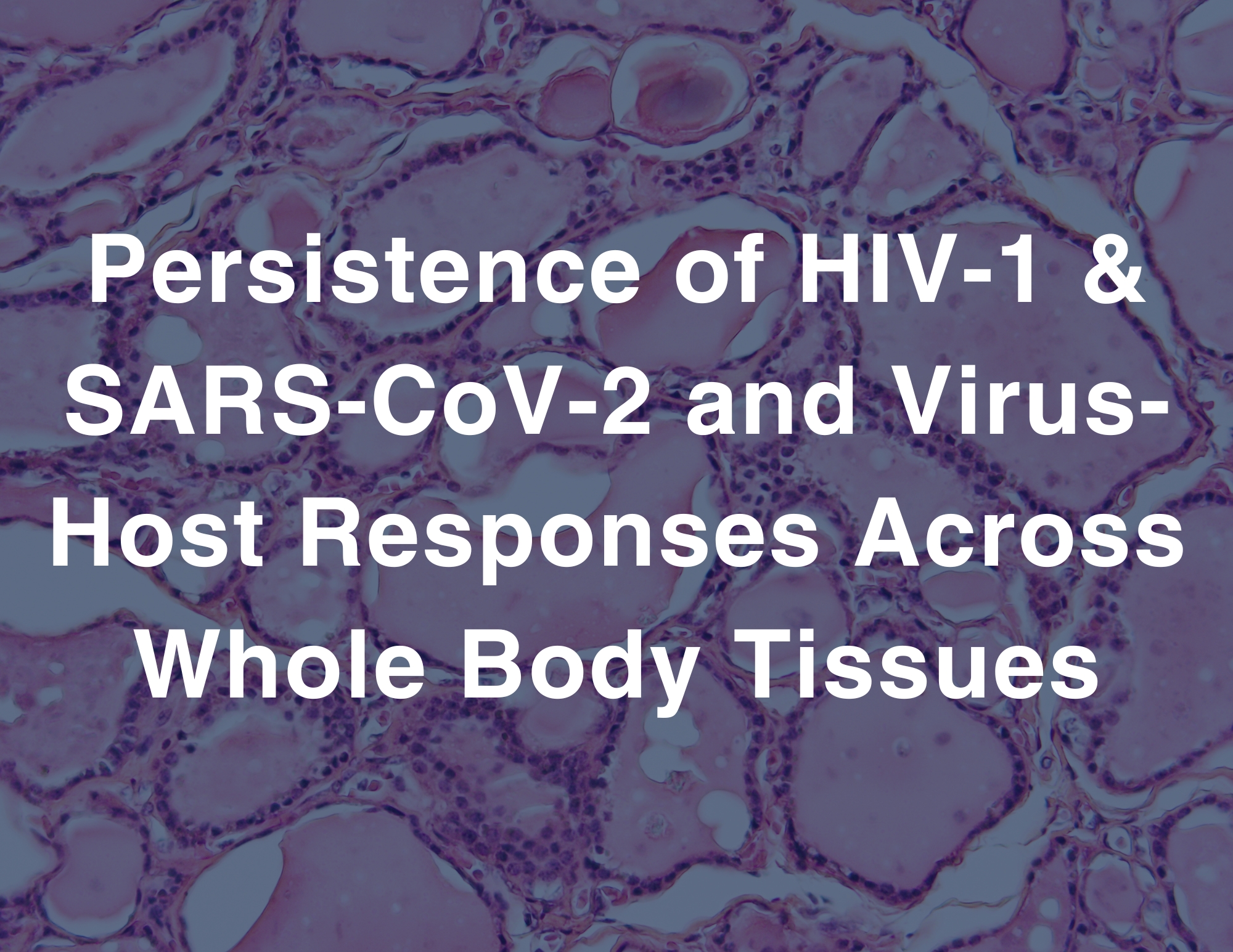
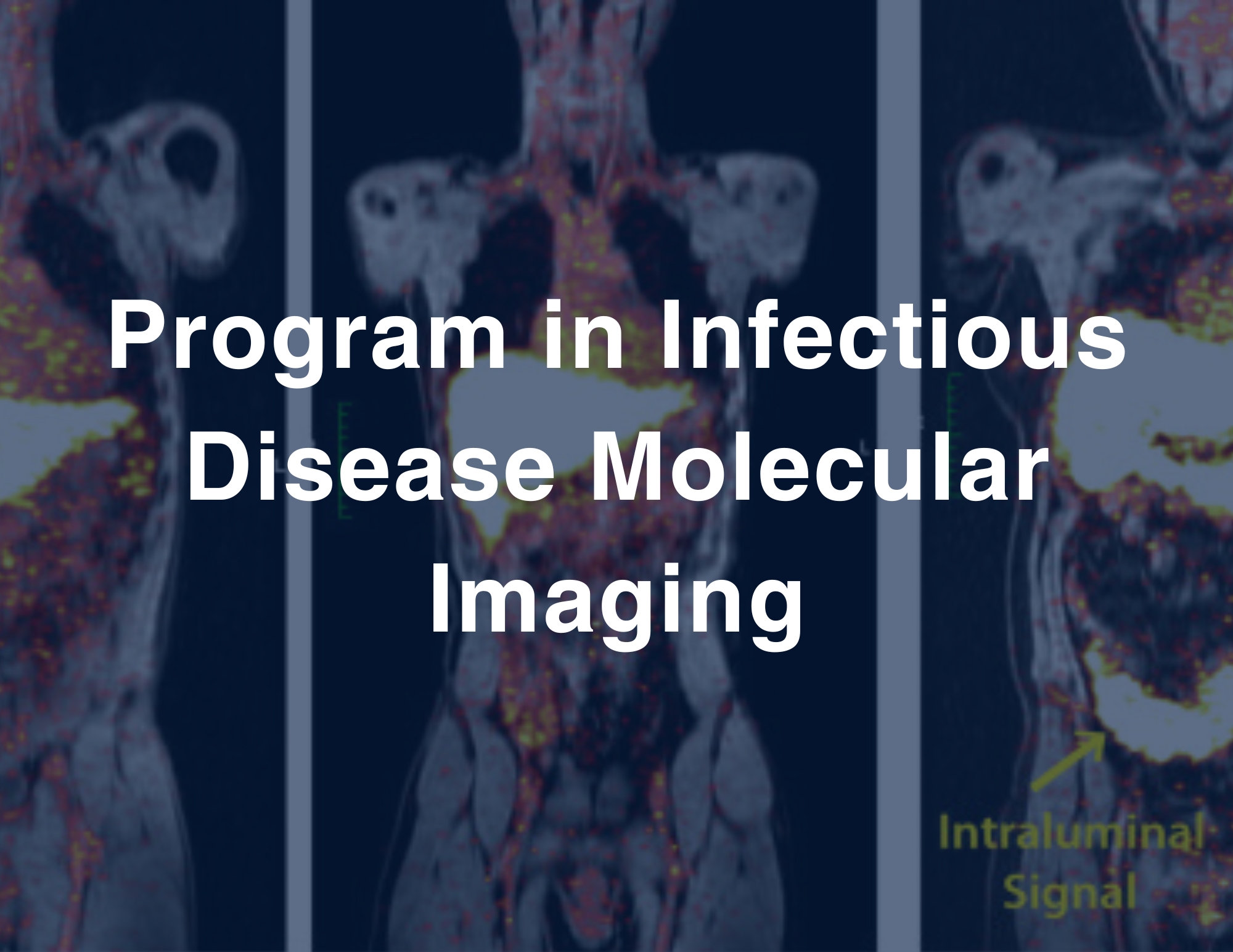
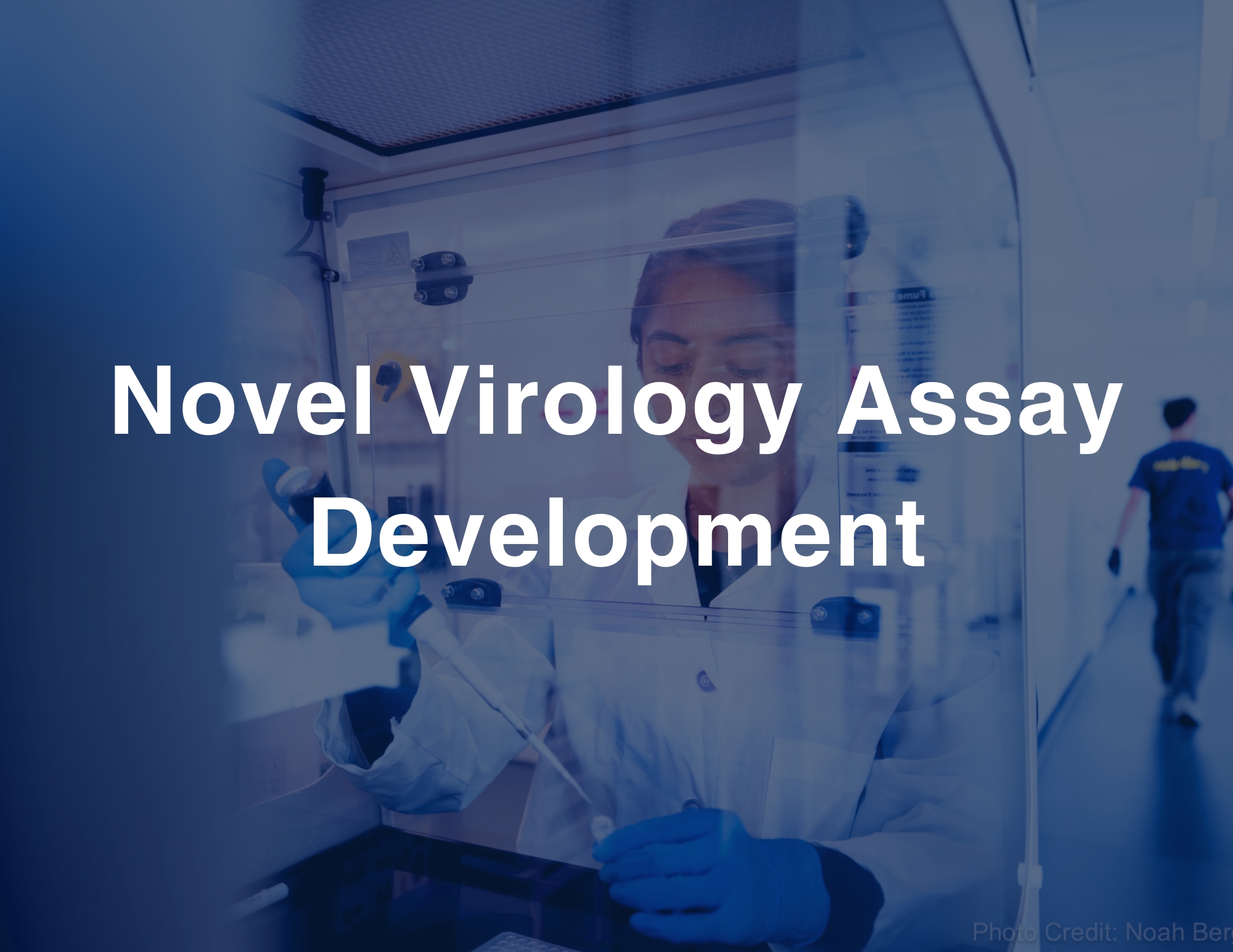
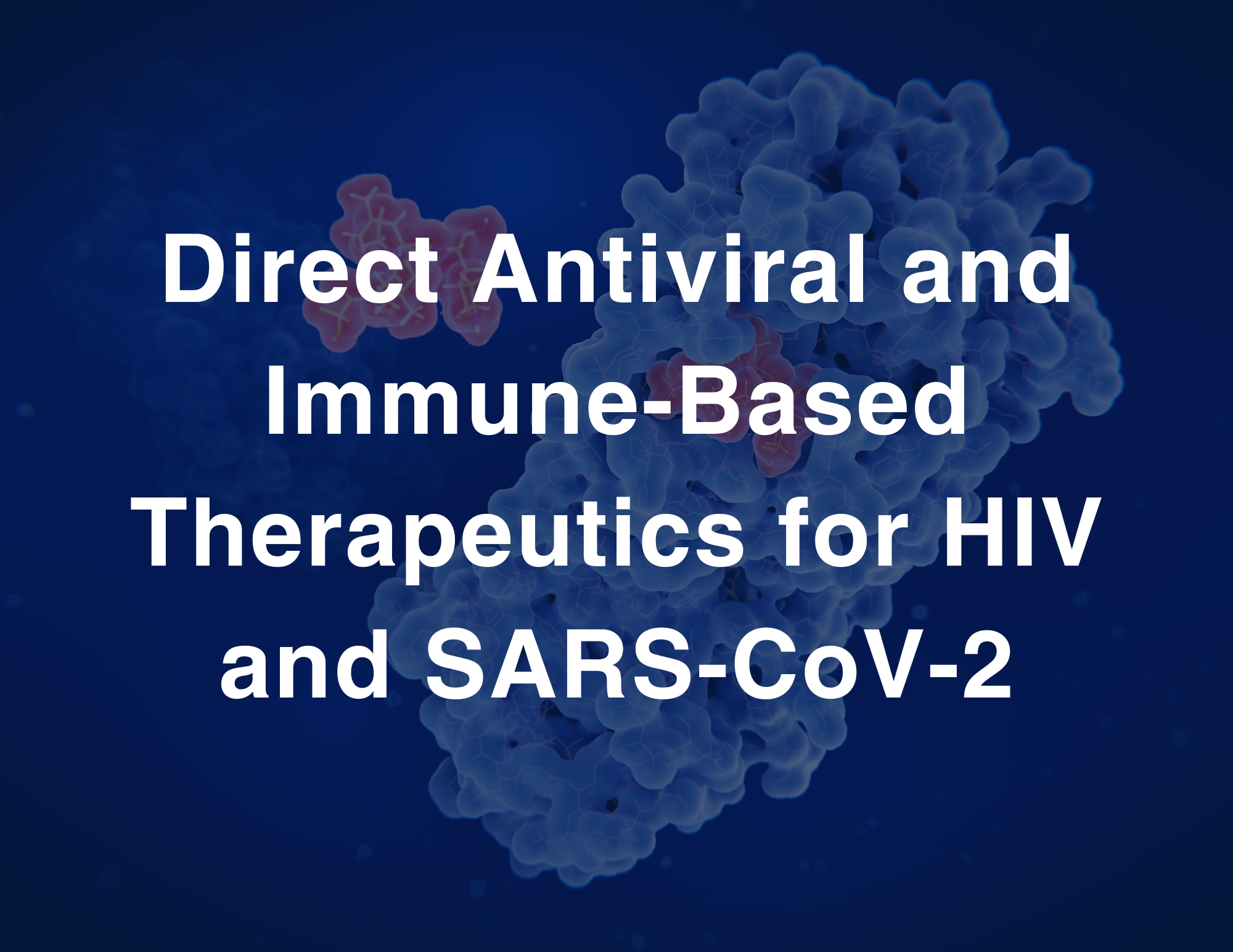
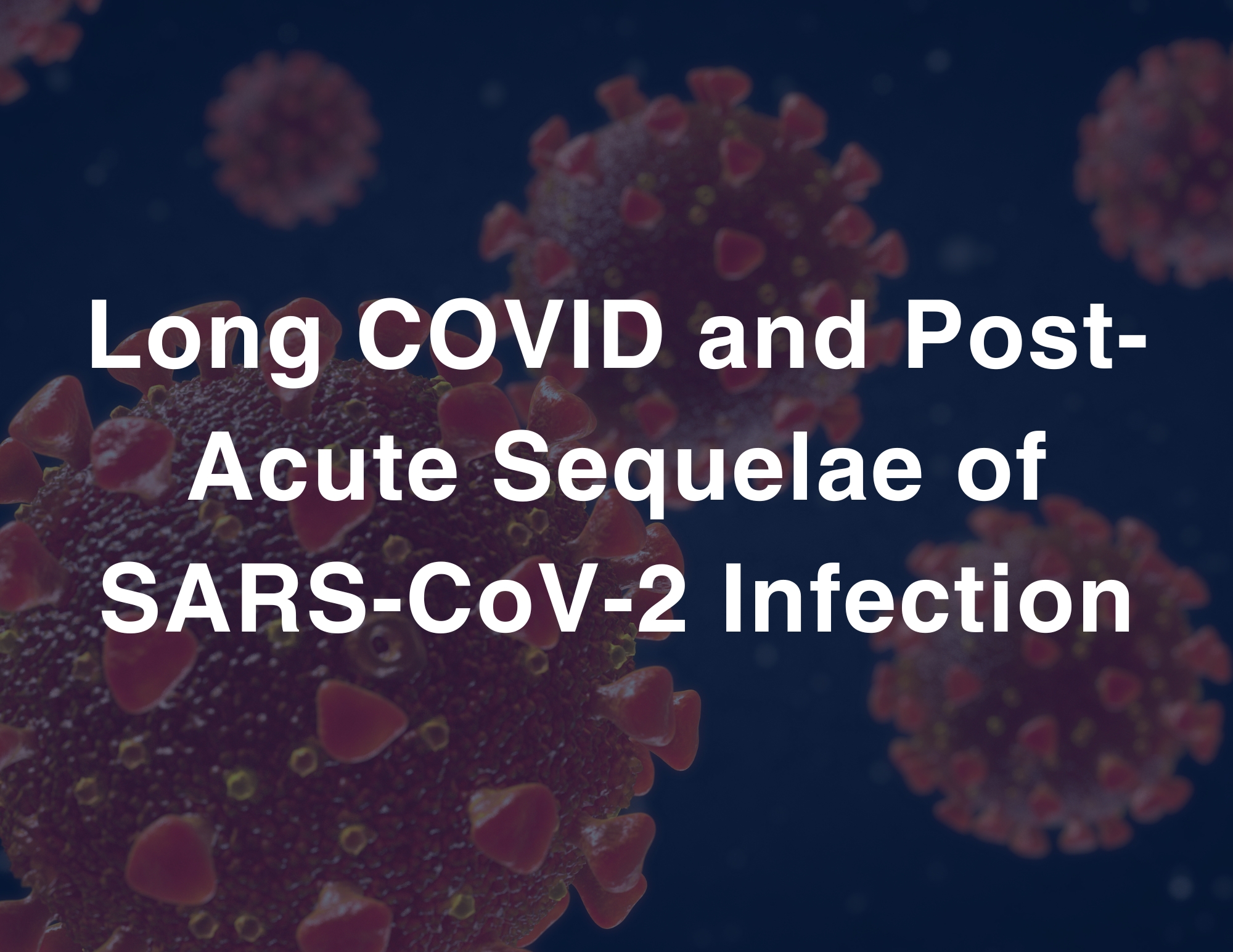
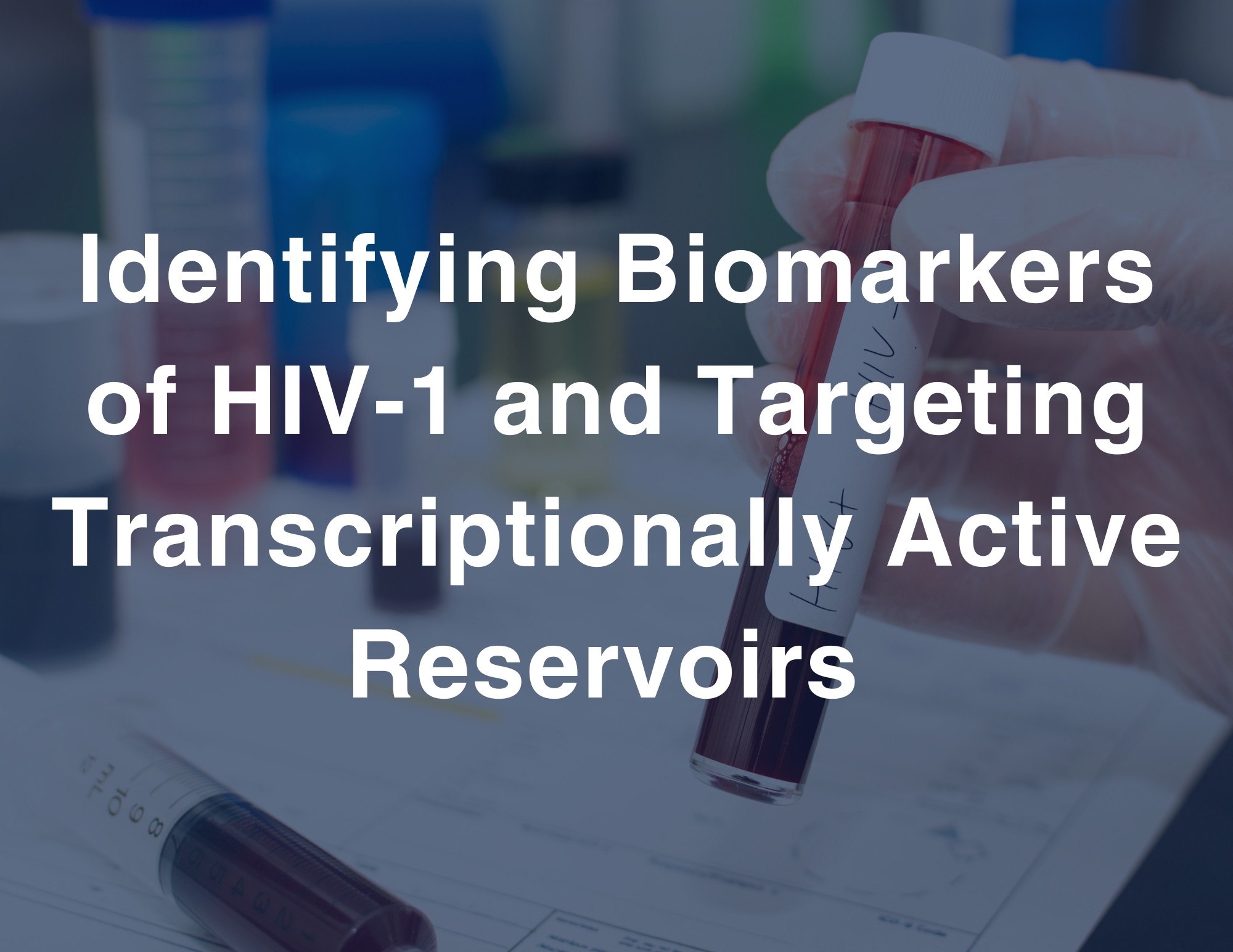
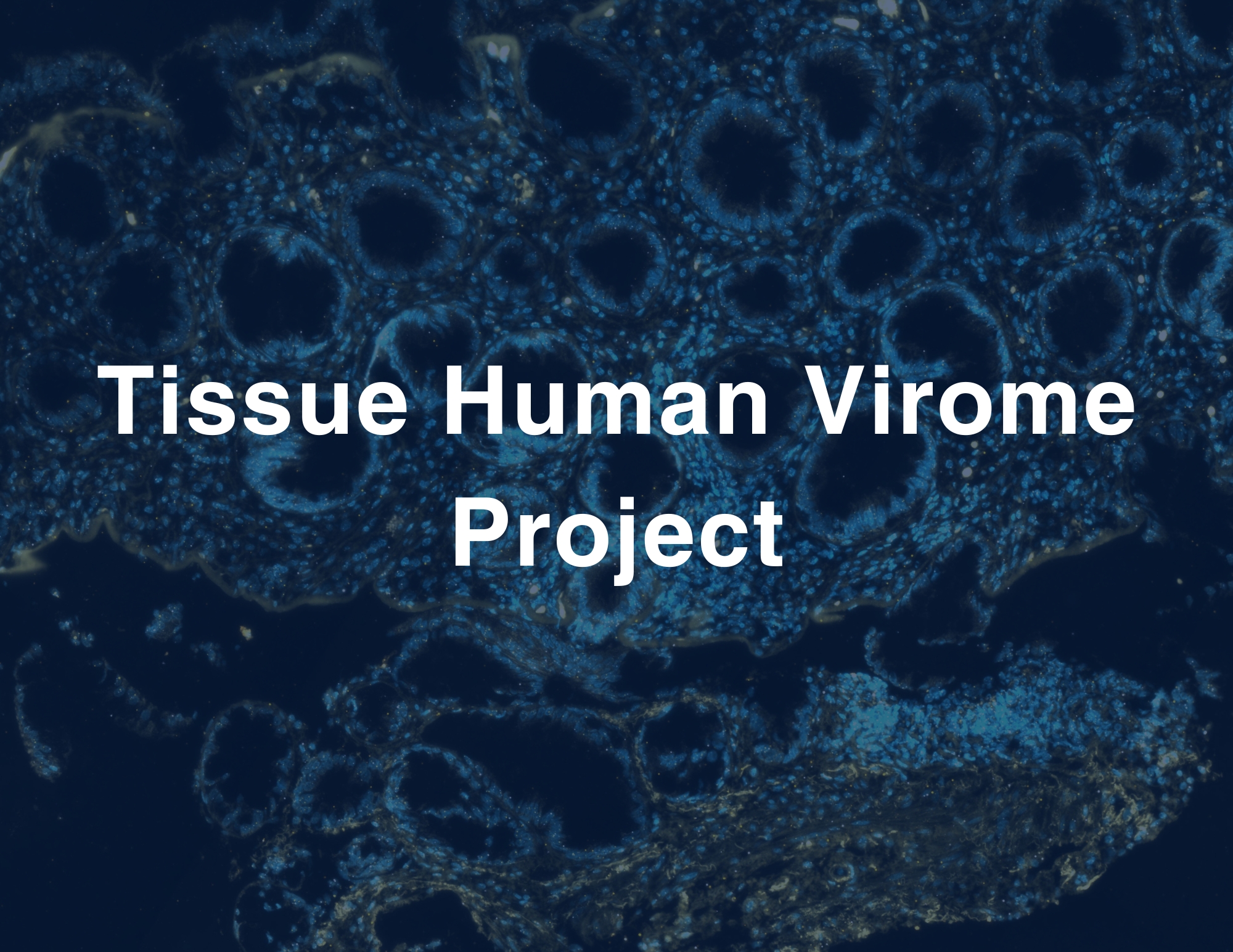
For more information about our recent and past studies, please refer to the following link: https://www.ncbi.nlm.nih.gov/pubmed/?term=henrich+tj
If you are interested in collaborating with our lab on a project, please email Dr. Henrich at [email protected].

